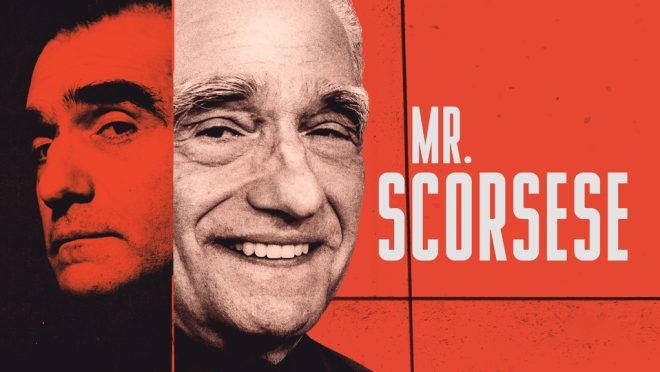Mr Scorsese review: A deep dive into the master filmmaker’s world
Mr Scorsese review: A deep dive into the master filmmaker’s world

A new behind-the-scenes documentary about Martin Scorsese explores everything from his near-death experience with drugs to the religious vision that shapes his work. It’s essential viewing for anyone interested in cinema.
By the late 1970s, Scorsese had partied through Hollywood so intensely that his body was wrecked by drugs, landing him in hospital with internal bleeding. “I was dying,” he recalls in Rebecca Miller’s enthralling documentary series Mr Scorsese. His friend Robert De Niro came to his bedside, urging him to make a film he had long resisted. Scorsese remembers, “He looked at me and said, ‘What the hell do you want to do? Do you want to die like this?’” That push set Raging Bull in motion.
The story ends on a lighter note, with photos of Scorsese and De Niro enjoying pina coladas in Hawaiian shirts on the Caribbean island of St. Maarten while working on Paul Schrader’s screenplay. These intimate glimpses add a fresh layer to a life that could easily fill an epic film itself.
While many know the broad strokes of Scorsese’s biography — from his Catholic childhood in Little Italy to films like Mean Streets (1973) and Killers of the Flower Moon (2023) — the series offers a more personal perspective. Across five beautifully constructed episodes, Mr Scorsese feels like a reflective, witty conversation. At 82, Scorsese discusses his professional and personal shortcomings with humour, while Miller, off-camera, asks incisive questions that bring depth and context. She skillfully combines archival footage, family photographs, and commentary from close collaborators like De Niro, Leonardo DiCaprio, editor Thelma Schoonmaker, and screenwriter Paul Schrader.
Isabella Rossellini, Scorsese’s third wife, describes him as “a saint/sinner” — endlessly questioning morality while often acting badly. The series highlights how Scorsese’s religious upbringing and obsession with moral choices influence his films. Reflecting on his drug-fuelled years, he says, “The problem is, you enjoy the sin.” And his belief that filmmaking is “a religious connection” underscores how spirituality permeates his art. This vision shaped 20th-century cinema through bold, visceral works like Taxi Driver (1976) and Goodfellas (1990).
The series also explores how his formative years shaped his artistry. Friends from his childhood, including Salvatore “Sally Gaga” Uricola, inspired De Niro’s character Johnny Boy in Mean Streets. Miller captures these memories with humour: “Did you blow up a mailbox?” she asks. “Yeah,” Sally replies, as split-screen footage shows Johnny Boy running from an exploding mailbox.
Scorsese’s family life and early challenges also shaped his perspective. His father intervened to save his troubled uncle Joe “The Bug” Scorsese, another model for Johnny Boy. Scorsese recalls how his asthma kept him indoors, fostering his love for high-angle shots. These personal insights make clear why his films often reflect both intimacy and distance.
The series also reminds viewers that Scorsese’s career has been far from smooth. Despite acclaim, commercial failures like Kundun (1997) and Bringing Out the Dead (1999) left him struggling, while DiCaprio’s support ensured successes like Gangs of New York (2002).
Scorsese’s films were sometimes controversial for their violence. On Taxi Driver, he describes the film’s anti-hero, Travis Bickle, as reflecting “the anger, the loneliness, no way of really connecting with people” — experiences linked to his outsider status in working-class New York. “Violence is scary in yourself. Are you capable of it?” he asks, noting that violent scenes work on screen only if they feel truthful.
The documentary touches lightly on his private life. While work made him distant to two of his children, he was present for Francesca, the youngest, who recently made him a TikTok star with playful videos like Dad Guesses Slang.
Miller also contextualises Scorsese’s professional anxieties. He recalls panic attacks during Gangs of New York, compounded by personal worries such as his wife Helen’s Parkinson’s diagnosis. Despite the intimate access, the documentary avoids dwelling on gossip, focusing instead on the insights that reveal the mind of a master filmmaker.
Some issues, like recurring “Madonna/whore” dynamics in his films, remain underexplored, but these are minor in a series rich with detail and bracing in its portrayal of Scorsese today — vital, thoughtful, and still at work.
Mr Scorsese is available on Apple TV+ from 17 October.


